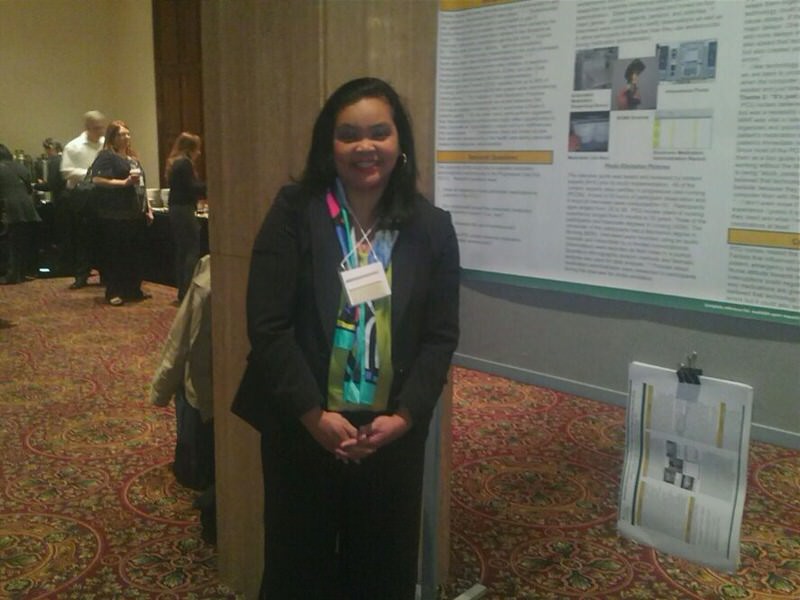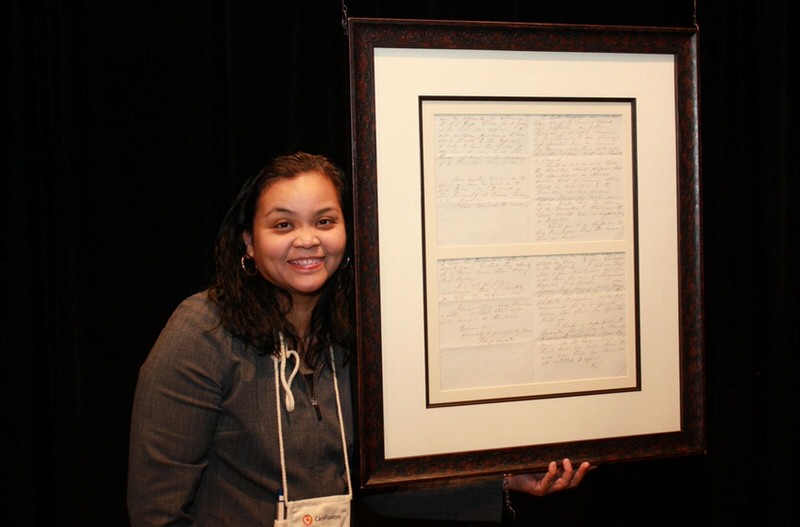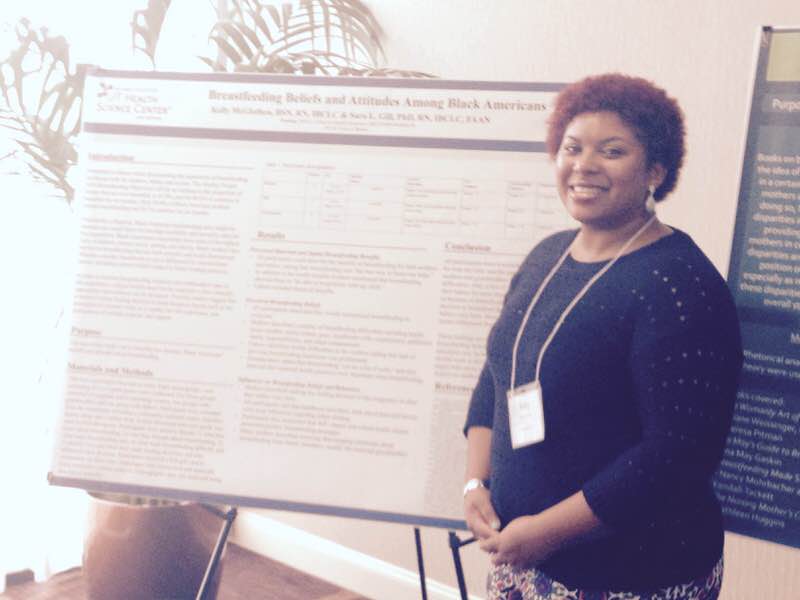Nursing Science Ph.D. Helps Fill Demand for Nurses With Doctorate Degrees

Katherine Alford has been interested in nursing her whole life. She served as an acute and critical care nurse for many years and also served as a nurse
educator.
“I am a lifelong learner and pursing a Ph.D. in Nursing is a dream that I’ve had for many years,” Alford said.
Alford is currently a student in the Doctor of Philosophy in Nursing Science program which is designed to prepare clinical nurse scientists with curriculum content to include philosophy of science, research methods, nursing theory development, analysis and evaluation, statistical methods, and ethics.
“The program is important to me because my depth of understanding and ability to ask poignant questions and offer critical insights have become much sharper as a result of the school’s academic rigor,” Alford said.
The program prepares clinical nurse scientists for a career as independent researchers who
are able to develop as teachers and disseminators of knowledge within professional, academic, and clinical arenas.
“Research is being used to promote the health of the people we serve. We do this all the way
from bench to bedside to translation to practice to policy,” said Dr. Carrie Braden,
the associate dean for research at the School of Nursing at UT Health Science Center. “Our
research ranges from genomics to policy informing and we do it as a team.”

Dr. Sara Gill, director of the program,
explained that the Nursing Science Ph.D. is a research-focused degree which attracts students who have participated in research projects in their undergraduate or graduate programs who would like to receive more in-depth training in research methodology and work with faculty in their area of
expertise.
“It’s a research degree so that doctorally prepared nurses can conduct research to build the science for our discipline,” Dr. Gill said. “They are the knowledge builders for our discipline.”
“I think Masters-prepared nurses who are out practicing want answers to clinical questions and can’t find that evidence motivating them to come back to school,” Dr. Gill said. Additionally, the Ph.D. program prepares nurses who desire a career as a
teacher in academia.”
Dr. Gill explained that there is a shortage of nursing faculty creating a huge demand for nurses with a Ph.D. degree.
“Because less than two percent of nurses have Ph.D.s, our students have no problem getting a job at all,” Gill said. “In order to educate more nurses, we need nurses with Ph.Ds.”

Dr. Carrie Braden explained that there is a shortage in the nursing profession in general.
“There’s a shortage of nurses totally. Not enough nurses to provide care at the bedside, not enough nurses to be educators, not enough nurses to produce the science,” Braden said. “It’s true at all levels.”
Kelly McGlothen, a bachelor of nursing graduate from the HSC School of Nursing, is currently enrolled in the Ph.D. program.
“Nurses need to challenge the status quo among healthcare disciplines in the field of research,”
McGlothen said. “To do so, they need faculty that are equipped to help them conduct and evaluate research that will meet the needs of an ever-changing patient population.”
